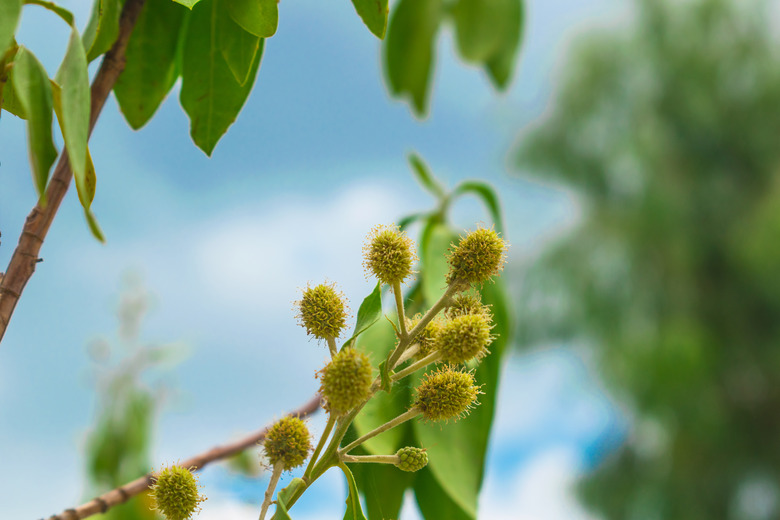This Is Why Allergy Season Is Making You Miserable
Ahhhhh, spring and summer! The grass is green, the birds are chirping, and (thankfully) it's not dark at 4 p.m. anymore.
But if the nicer weather comes with some nasty side effects – like sneezing, coughing and a runny nose that just. won't. stop. – you're not alone. About 50 million Americans suffer from some kind of allergies each year, reports the Asthma and Allergy Foundation of America, and allergic conditions are the most common cause of health issues amongst children.
So why do you suffer from allergies in the first place, and is there anything you can do about it? Read on to find out.
First, Let's Chat About Your Immune System
First, Let's Chat About Your Immune System
The effects of seasonal allergies stem from the normal functioning of your immune system – so to understand 'em, you need to know how your immune system works. Here's the big picture: specialized immune cells travel all over your body to hunt out any potentially harmful pathogens. If they find 'em, they recruit other immune cells to come in and remove or kill them, before they can cause serious health issues.
The system works great for helping your body fight off disease. If your immune system finds a cold virus, for instance, it'll start engulfing and killing the viral particles as fast as possible, so you can get over the cold in a few days.
But there's a catch, too. That immune response causes some swelling and inflammation as a normal part of the healing process. That's part of why you get a runny nose when you have a cold – your body's immune response triggers swelling in your nasal cavities, which means you'll feel stuffed up.
So What Happens When You Have Allergies?
So What Happens When You Have Allergies?
Well, allergies happen when your immune system thinks a relatively harmless compound – like, say, pollen – is actually harmful to your health. That means your body starts mounting an immune response in response to the trigger, and you'll get all the symptoms associated with inflammation and swelling even though there's no harmful bacteria or virus to be found.
Most people experience allergies because of a reaction to pollen. But there are several types of pollen – ragweed, grass pollens and oak or birch pollens are common triggers – and you might only be sensitive to one or two of them. That's why some days you'll feel fine, while others feel like you're stuck in a pollen vortex.
How to Allergy Medicines Work?
How to Allergy Medicines Work?
Stop by the allergy aisle in your local pharmacy and you'll see medications called antihistamines on each shelf. They work by neutralizing a chemical, called histamine, that plays a key role in your body's immune response.
See, after you've been exposed to an allergen, your body releases histamine anytime you encounter that allergen again. Histamine sends a signal to your body that helps triggers your body's allergic response (which means it also leads to your allergy symptoms). Antihistamines work by – you guessed it! – stopping histamine, which should keep your allergy symptoms under control.
On top of taking meds, you can cut down on allergy symptoms by keeping your windows closed on particularly pollen-y days. And if your symptoms are really bad, ask your doc about investing in an air filter – it'll help remove dust, pollen and other irritants from the air, which might ease your symptoms.
Cite This Article
MLA
Tremblay, Sylvie. "This Is Why Allergy Season Is Making You Miserable" sciencing.com, https://www.sciencing.com/this-is-why-allergy-season-is-making-you-miserable-13719333/. 28 May 2019.
APA
Tremblay, Sylvie. (2019, May 28). This Is Why Allergy Season Is Making You Miserable. sciencing.com. Retrieved from https://www.sciencing.com/this-is-why-allergy-season-is-making-you-miserable-13719333/
Chicago
Tremblay, Sylvie. This Is Why Allergy Season Is Making You Miserable last modified March 24, 2022. https://www.sciencing.com/this-is-why-allergy-season-is-making-you-miserable-13719333/
